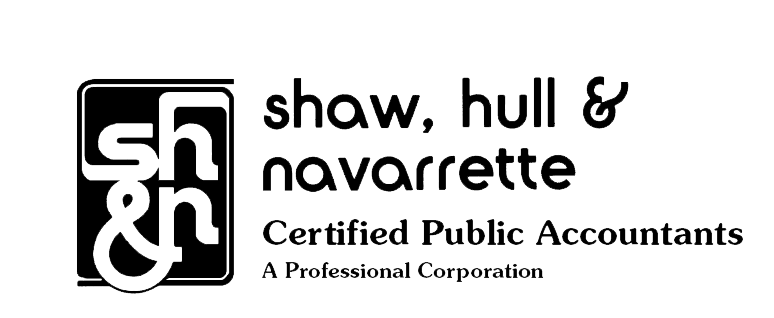It seems like nearly every week the news warns us of a new identity theft or financial fraud scam. There are several schemes currently ciruculating with fraudsters impersonating IRS representatives. Straight from the IRS website, here are a few scams you need to watch out for:
Email Phishing Scams
In email phishing attempts, criminals pose as a person or organization that taxpayers trust and recognize. They may hack an email account and send mass emails under another person’s name. They may pose as a bank, credit card company, tax software provider or government agency. If a person clicks on the link in these emails, it takes them to fake websites created by fraudsters to appear legitimate but contain phony login pages. These criminals hope victims will take the bait and provide money, passwords, Social Security numbers and other information that can lead to identity theft.
Scam emails and websites also can infect computers with malware without the user knowing it. The malware can give the criminal access to the device, enabling them to access sensitive files or track keyboard strokes, exposing logins and other sensitive information.
If a taxpayer receives an unsolicited email that appears to be from either the IRS or a program closely linked to the IRS, such as the Electronic Federal Tax Payment System (EFTPS), report it by sending it to phishing@irs.gov. Learn more by going to the Report Phishing and Online Scams page.
The IRS generally does not initiate contact with taxpayers by email to request personal or financial information. This includes any type of electronic communication, such as text messages and social media channels. The IRS has information online that can help protect taxpayers from email scams.
Phone Scams
The IRS does not call and leave prerecorded, urgent messages asking for a call back. In this tactic, the victim is told if they do not call back, a warrant will be issued for their arrest.
The IRS recently began sending letters to taxpayers whose overdue federal tax accounts are being assigned to one of four private-sector collection agencies. Because of this, taxpayers should be on the lookout for scammers posing as private collection firms. The IRS-authorized firms will only be calling about a tax debt the person has had – and has been aware of – for years. Taxpayers also would have been previously contacted by the IRS about their tax debt.

